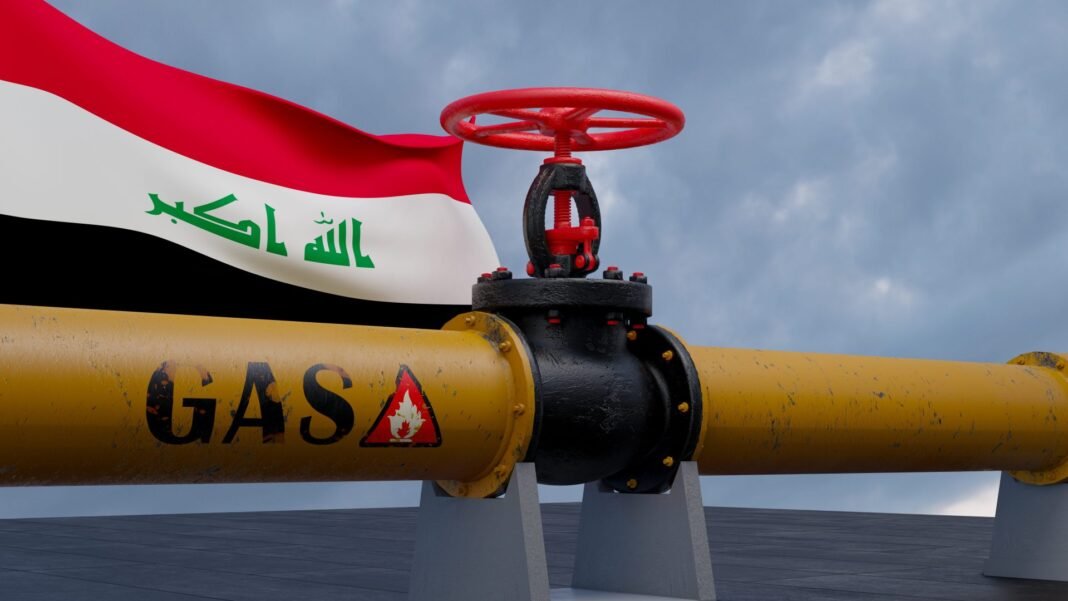Iran and Iraq continue to deepen their energy cooperation as both sides work to resolve ongoing gas disputes. Iran’s Oil Minister, Mohsen Paknejad, announced progress after a key meeting in Tehran with Iraq’s Electricity Minister, Ziyad Ali Fadel. The ministers focused on gas export volumes and delayed payments, two main points of concern in recent months.
Iran and Iraq agreed on a specific volume of gas exports. This decision came after extended talks aimed at preventing future supply disruptions. Paknejad said they reached clear understanding on how much gas Iran will supply to Iraq moving forward. This decision marks a key development in Iran-Iraq energy cooperation.
The talks also addressed Iraq’s overdue payments for earlier gas shipments. Iranian officials emphasized that both nations want to protect their energy ties. By reaching a deal, the two ministers hope to avoid further power outages across Iraq.
Currently, Iran provides Iraq with 55 million cubic meters of gas per day. This fuel helps Iraq run its power plants, especially in Baghdad and Basra. However, since May, Iran’s gas exports have dropped. As a result, several power plants in Iraq either shut down or cut back operations. These interruptions pushed both sides to act quickly.
Paknejad described the discussions as “constructive,” highlighting their importance to future planning. He noted that Iran remains committed to helping Iraq meet its electricity needs. At the same time, both countries want to ensure regular payments and uninterrupted gas supplies.
Iran and Iraq began gas cooperation in 2013. Since then, Iran has supplied natural gas under long-term agreements. These contracts played a major role in powering Iraq’s grid. Today’s meeting shows that Iran-Iraq energy cooperation remains a priority for both governments.
Looking ahead, officials from both countries will hold more meetings to review their joint energy projects. Their goal is to keep building a stable and productive partnership. This includes plans to monitor gas flows, improve infrastructure, and ensure fair financial practices.
With the new agreement in place, Iraq’s power sector could soon return to full capacity. Regular gas deliveries are vital for electricity in major Iraqi cities. Iran, in turn, sees Iraq as a key partner in regional energy development. Both sides agree that strong coordination will support Iran-Iraq energy cooperation in the long run.


